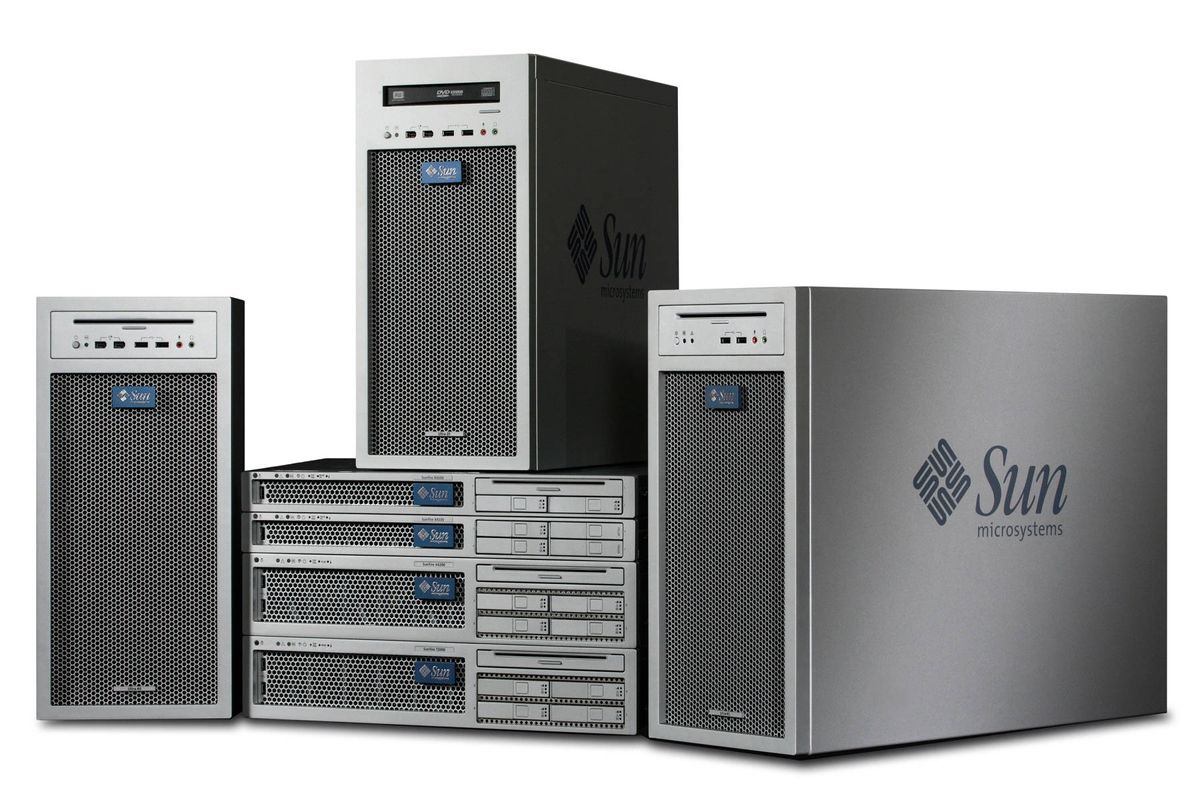Unix in Today's IT World: Why the Versatile and Robust Operating System Remains Relevant

Unix is a multi-user, multi-tasking operating system that was first developed in the late 1960s by a group of AT&T Bell Labs employees. Since then, it has evolved into several different versions and has been widely adopted in the IT industry. Today, Unix is still widely used and remains an important part of the modern IT landscape.
One of the main reasons that Unix has remained relevant is its versatility. Unix is a highly modular operating system, which means that it can be tailored to meet the specific needs of different organizations and industries. This versatility has made it a popular choice for a wide range of applications, including data centers, cloud computing, big data processing, and scientific research.
The operating system is known for its ability to run reliably for long periods of time without the need for frequent maintenance or downtime. This makes it an ideal choice for use in mission-critical environments, such as data centers and financial institutions, where high-availability and uptime are crucial.
Unix rich history of open-source development has led to a wide range of tools and applications that can be used to customize and extend the functionality of the operating system. This has made it an attractive choice for organizations that want to take advantage of open-source software and reduce their dependence on proprietary software.
Unix has been the foundation for many other operating systems such as Linux, Android, MacOS and iOS, which are widely used in the IT world today.
Some of the most common areas of use include:
- Data Centers: Unix is a popular choice for use in data centers due to its robustness and stability. It can run reliably for long periods of time without the need for frequent maintenance or downtime, which makes it an ideal choice for use in environments where high-availability and uptime are crucial.
- Cloud Computing: Unix is widely used in cloud computing environments, where it is often used as the underlying operating system for cloud-based services. This allows organizations to take advantage of the scalability and flexibility of cloud computing while still leveraging the robustness and stability of Unix.
- Financial Services: Unix is a popular choice for use in financial services, where it is used for mission-critical applications such as trading systems and risk management. The robustness and stability of Unix make it an ideal choice for use in environments where high-availability and uptime are crucial.
- Scientific Research: Unix is widely used in scientific research environments, where it is used for a wide range of applications, including data analysis and modeling. The modularity of Unix allows it to be customized to meet the specific needs of different research projects, and its robustness and stability make it an ideal choice for use in high-performance computing environments.
- Telecommunications: Unix is widely used in the telecommunications industry, where it is used for a wide range of applications, including call routing, voicemail, and other voice services. Unix’s robustness and stability make it an ideal choice for use in environments where high-availability and uptime are crucial.
- Healthcare: Unix is widely used in healthcare, where it is used for a wide range of applications, including electronic health records (EHRs), appointment scheduling, and other health information systems. Unix’s robustness and stability make it an ideal choice for use in environments where high-availability and uptime are crucial.
Unix is still a relevant operating system in today's IT world due to its versatility, robustness, stability and its rich history of open-source development. It is widely used in a variety of applications and industries, and its modular design allows it to be customized to meet the specific needs of different organizations. Its history and legacy has also helped to create many other operating systems that are widely used today.
